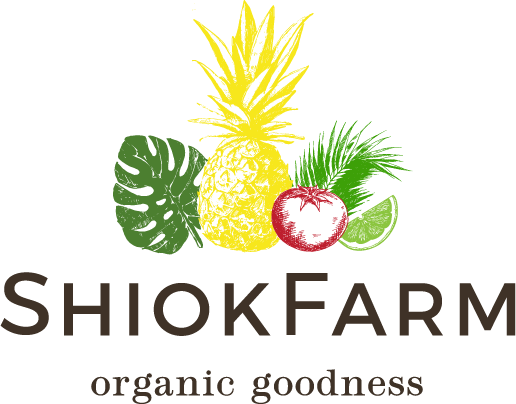A word on Organic Certifications in the region
We often have this question from people: is organic really organic in the region? Let me try to answer this.
Firstly, there are a few misconceptions around what organic means. Here is what should be common to all organic certifications:
- The soil is organic (exception with some states in the US)
- The seeds are organic
- The fertilisers are organic
- The pesticides are organic
What is important to know is that Organic Certifications are “standards”. In any industry, a standard is good as it helps its actors increase their quality. As the market matures, the standards should improve – this is true in most cases.
Most markets in Asia have their own standards for organic, their own definition if you wish.
Depending on the country where the crops are grown, the organic standard will be governed by a set of strict guidelines to ensure the integrity and quality of produce. For instance, the minimum distance between an organic field to the next conventional field; The number of years a field should be “clean” before one is allowed to apply for the certification; The products and associated quantities you are allowed to use to fertilise your crop, or to kill pests vary, etc. Each country choses standards that are realistic for their own market. In some countries, like Australia, you have 5 organic certifications. This shows how setting up standards is a sensitive topic and fascinating one actually, as it defines what we eat.
In all countries, in order for a farm to be certified organic, it will need to have at least two visits from a consultant who works for an official certification body. Those visits have to be successful in regards to the standards the farm is aiming for. There is a high cost associated with this procedure. Because the investment in terms of money and time is substantial, it can be considered that usually, when a farmer goes through the trouble of getting this certification, he is rather serious about it.
Looking at the different countries in South East Asia, we can see that the adoption of organic is still marginal and

Leave a Reply